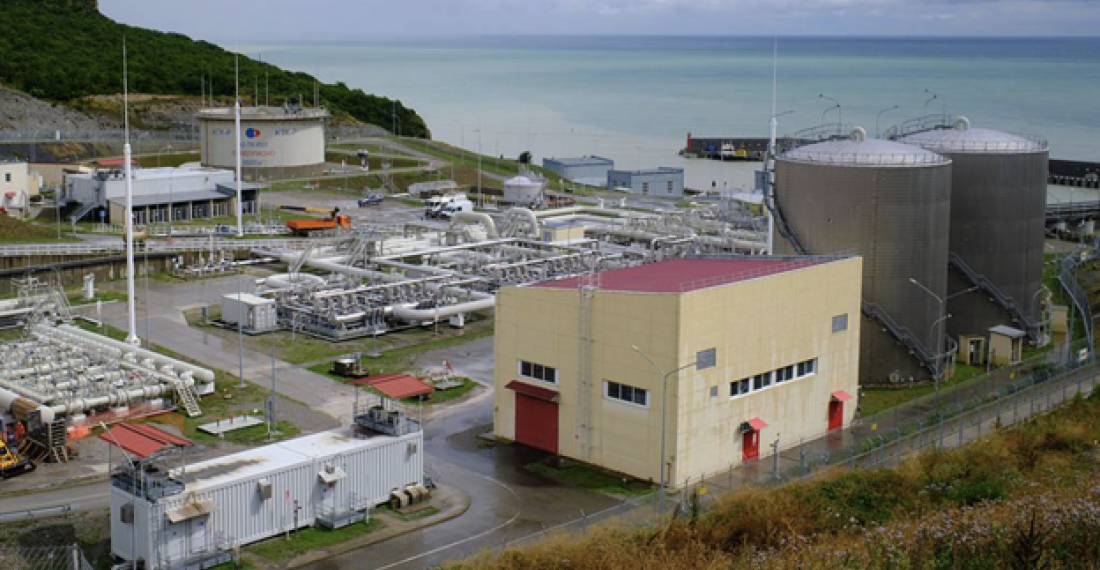The Caspian Pipeline Consortium announced in a statement on Monday (25th April) that their key pipeline is now working after a month of disruption. The functioning of the pipeline is important for Kazakhstan, which heavily depends on the line resuming operations for its oil exports.
Last month, after sea storms rocked the Eastern Black Sea region, the CPC pipeline was unable to continue operations after several loading facilities were damaged. However, there were differing views on the extent of the damage to the loading facilities. Paul Donovan, an analyst from UBS, said “There may well be storm damage, but it is politically well-timed storm damage."
After an improvement in the weather in the region, divers were able to restore a buoy mooring device which allowed the terminal to return to working order. The company said that “At present, the Delta Commander tanker is connected to [mooring device] VPU-3 and loading is being carried out.” Little progress had been made to repair the loading facilities, and neither Western oil companies nor members of the consortium were able to inspect the level of damage incurred. Only after the Kazakh energy minister, Bolat Akchulakov held talks with the CPC General Director, Nikolai Gorban, were repairs able to take place as they agreed that the weather allowed for it.
For global oil prices, this comes as good news as 1.2% of global oil runs through the pipeline. Oil prices have seen historic rises since the beginning of the invasion. For Kazakhstan, where two-thirds of its oil exports to Europe go through the pipeline, the country can now export oil at its usual rate. Kazakhstan had had to reduce oil production, which caused heavy losses for the country, already struggling due to international sanctions directed at Russia.






